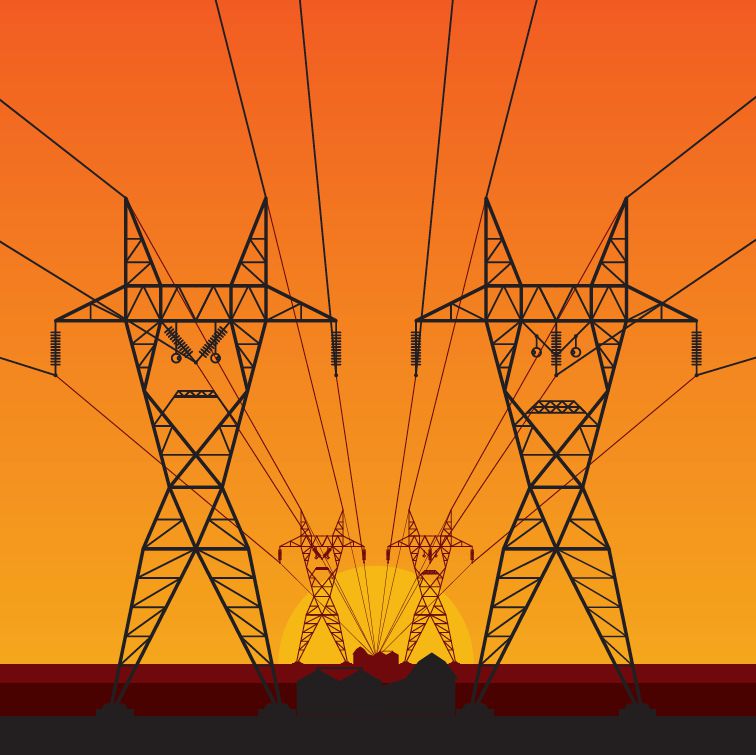A recent dialogue addressing the systemic issues of poor electricity supply to farmers in Rajasthan has recommended the establishment of a cooperative-based distribution model. This model aims to improve the power supply for agricultural consumers and ensure regulatory compliance under the Electricity Act, 2003. The event highlighted the critical need for regulatory responsibility in enhancing electricity supply to the farming sector.
Organized by the Center for Energy, Environment and People (CEEP) as part of its ‘Vidyut Samvad’ series, the dialogue focused on understanding the complexities of electricity supply and exploring technical and financial solutions within the power sector. A survey conducted in the Chandan area of Jaisalmer district provided valuable insights into these challenges.
Jaitmal Singh Bairwa, vice-president of the Chandan Farmers’ Union, pointed out that rural areas typically receive only four hours of electricity supply, falling short of the mandated six hours. Voltage fluctuations often result in malfunctioning irrigation motors and transformers, leading to crop loss and increased farming costs—major concerns for farmers.
The event saw participation from over 60 individuals from Rajasthan and other states, along with a panel of experts who shared diverse perspectives and highlighted both technical and regulatory challenges. Discussions centered on improving the quality of electricity supplied to agricultural consumers and potential solutions.
CEEP founder Simran Grover emphasized the dialogue’s goal of building consensus on resolving various issues while identifying steps needed to enhance power distribution infrastructure. Experts also discussed the potential of solar energy and energy-efficient pumps for irrigation in agriculture.
Notable speakers included farmer and social activist Aiveer Singh Patavat from Sanwala village in Jaisalmer, former chief engineer Jetharam Choudhary of Jodhpur Vidyut Vitaran Nigam, deputy director (technical) PK Garg of the Rajasthan Electricity Regulatory Commission, and Sweta Kulkarni, Fellow of Prayas Energy Group, Pune.
Jaipur-based CEEP is a research and policy advocacy institution dedicated to fostering a low-carbon transition and climate justice. By working at the intersection of energy, environment, and people, CEEP aims to promote institutional responses, investments, and political shifts towards clean energy and sustainable practices.



